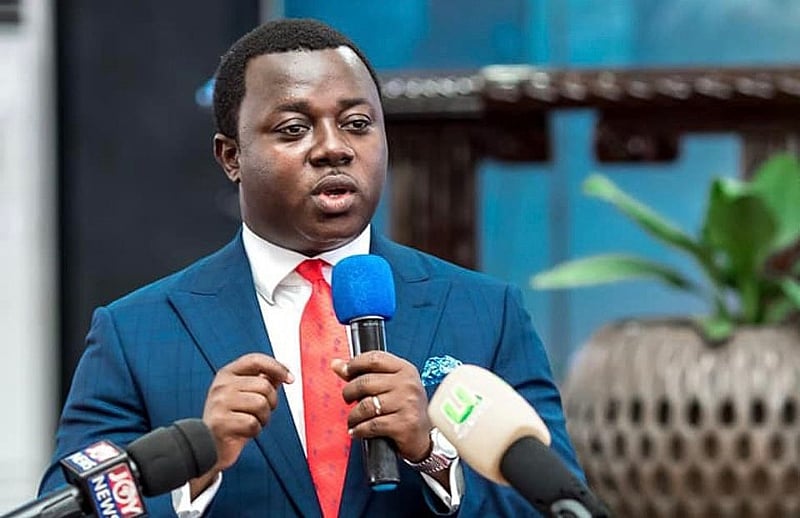The recent ministerial appointments made by President John Dramani Mahama have sparked a wave of reactions, with Assin South Member of Parliament, Reverend John Ntim Fordjour, urging the newly nominated ministers to approach their roles with unwavering dedication and diligence. Reverend Fordjour emphasized the privilege bestowed upon these individuals, highlighting that their selection from a pool of equally capable candidates within the ruling party’s parliamentary caucus carries significant weight and responsibility. He stressed that the appointment should not be taken lightly, but rather viewed as an opportunity to serve the nation with utmost commitment and integrity. The call for dedicated service underscores the importance of maximizing the potential of these ministerial positions to effectively address the needs of the Ghanaian people.
The Member of Parliament’s remarks also shed light on the competitive nature of the selection process, underscoring the inherent disappointment experienced by those who were not chosen despite their qualifications and contributions to the party. This sense of competition, while natural in a political landscape, highlights the importance of unity and collaboration within the ruling party. Reverend Fordjour’s comments implicitly encourage those who were not selected to continue their dedication to the party’s goals and to support the chosen ministers in their endeavors. This collaborative spirit is crucial for the party’s overall effectiveness and for the successful implementation of government policies and programs.
Furthermore, Reverend Fordjour’s statement indirectly raises questions about the criteria employed in the selection process. While acknowledging the President’s prerogative in making these appointments, the omission of certain prominent figures known for their experience and contributions to the party raises eyebrows and invites speculation about the factors influencing the final decisions. The mention of individuals such as Emmanuel Bedzrah, James Agalga, Samuel Atta Mills, and Dr. Zanetor Agyemang Rawlings, all seasoned politicians with notable track records, adds weight to this point. Their exclusion from the list of appointees prompts a deeper consideration of the balance between experience, political considerations, and the President’s strategic vision for his cabinet.
The specific mention of Dr. Zanetor Agyemang Rawlings, a third-term Member of Parliament and daughter of former President Jerry John Rawlings, is particularly noteworthy. Her consistent parliamentary presence and active contributions have made her a recognizable figure within the political landscape. Similarly, Samuel Atta Mills, also a third-term MP and brother of the late President John Atta Mills, enjoys a reputation for his respected demeanor and political acumen. The absence of these individuals from the ministerial list underscores the complex dynamics at play in the appointment process and further fuels speculation about the underlying rationale behind the President’s choices.
With the President having appointed 56 out of the promised 60 ministers, the anticipation surrounding the remaining four appointments continues to build. The speculation about who will fill these remaining positions further intensifies the focus on the selection criteria and the President’s overall strategy for his cabinet. The composition of the cabinet is crucial for the effective governance of the country and the successful implementation of the President’s agenda. The remaining appointments will likely be closely scrutinized for their potential to contribute to the government’s overall effectiveness and its ability to address the challenges facing the nation.
In conclusion, Reverend Fordjour’s call for dedicated service from the newly appointed ministers serves as a timely reminder of the weighty responsibilities they now bear. His comments also underscore the competitive nature of the selection process and the inherent challenges in balancing experience, political considerations, and the President’s vision for his cabinet. The omission of prominent figures like Dr. Zanetor Agyemang Rawlings and Samuel Atta Mills further intensifies the scrutiny surrounding the appointment process and fuels anticipation for the remaining four ministerial positions. Ultimately, the success of the government will depend on the collective efforts of the entire cabinet, their ability to work cohesively, and their commitment to serving the best interests of the Ghanaian people.














